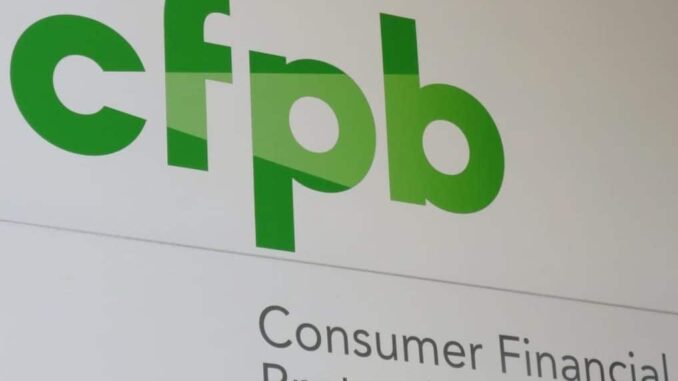
The U.S. Supreme Court issued a 7-2 ruling that declared the funding mechanism of the Consumer Financial Protection Bureau (CFPB) did not run afoul of the Appropriations Clause of the Constitution.
The case, Consumer Financial Protection Bureau v. Community Financial Services Association of America, was brought by leading companies within the payday lending sector who charged the regulatory agency was unconstitutionally funded by the Federal Reserve – unlike most federal agencies that receive their appropriations from Congress. An appeals court ruled the funding for the CFPB was unconstitutional.
“The statute that authorizes the Bureau to draw money from the combined earnings of the Federal Reserve System to carry out its duties satisfies the Appropriations Clause,” wrote Justice Clarence Thomas for the court’s majority. “Although there may be other constitutional checks on Congress’ authority to create and fund an administrative agency, specifying the source and purpose is all the control the Appropriations Clause requires.”
Justices Samuel Alito and Neil Gorsuch dissented, with Alito arguing that the ruling turned the Appropriations Clause “into a minor vestige.”



